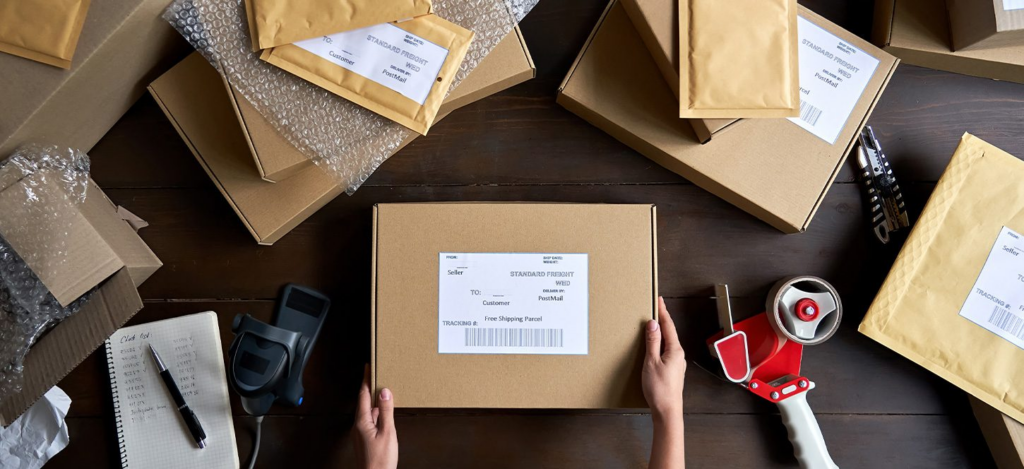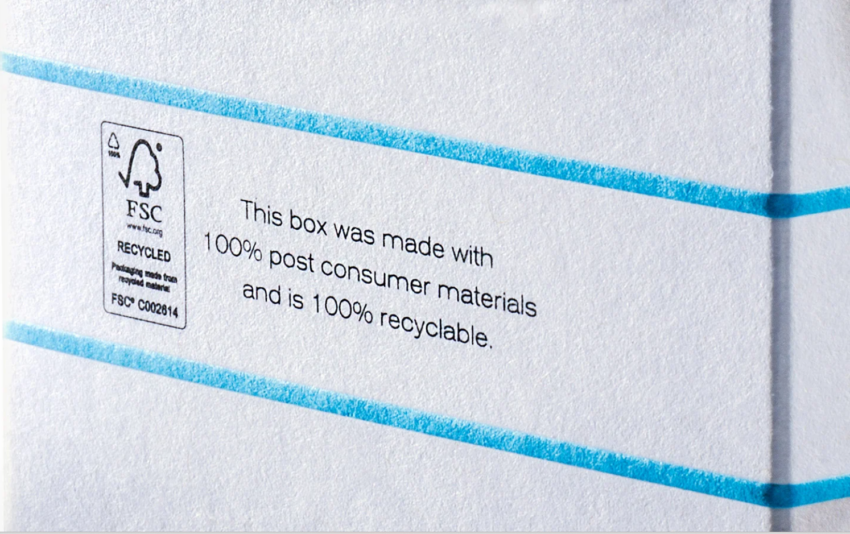Germans think paper packaging is eco-friendly. They are wary of new items like paper bottles. A Bonn University and Forschungszentrum Jülich investigation confirms this. The research polled over 3,000 German men and women. “Food Quality and Preference” reported the findings.
All European automobiles weigh less than 400 million tons of plastic generated annually. 40% of plastics are used to package refrigerators, books, deodorants, beverages, and cucumbers, according to estimates. This mostly ends up in the trash or environment. Production wastes fossil fuels and harms the climate.
Janine Macht, a doctorate student at the University of Bonn Institute for Food and Resource Economics, suggests eco-friendly plastic alternatives. These include renewable polymers like an agricultural waste.
Paper ice cream cups and bottles are used by certain producers. We wanted to explore how customers accept these alternatives and how much this depended on the packaged product.”
Macht researched these issues alongside Jeanette Klink-Lehmann and Forschungszentrum Jülich project coordinator Dr. Sandra Venghaus (now a junior professor at RWTH Aachen University). Researchers surveyed approximately 3,000 German men and women online. Gender, age, and education were selected to match the overall population.

Paper-bottled vegetable oil
Researchers examined blueberries, butter, and vegetable oil. These goods were also packed in bioplastic, recyclable plastic, or paper. There were nine food-packaging combinations.
Respondents were randomly allocated into nine groups. Each group saw a photo and packing information for one of these pairings. The subjects then rated this packaging’s environmental friendliness. They were asked how well the packaging protected, transported, and stored the food.
Paper packaging outperformed bioplastic packaging in environmental ratings. Conventional plastic packaging scored the lowest. Respondents doubted the paper containers’ usefulness.
They were good for safeguarding sensitive food like berries during shipping. They preferred plastic vegetable oil storage containers. Conventional plastics performed best.

Boxed berries entice you to buy.
Participants were asked if they would buy the product in its packaging. The survey found that more participants picked berries in cardboard than plastic baskets.
However, bioplastic-bottled vegetable oil sold best. Macht believes buyers consider both the packaging’s environmental friendliness and its suitability for the food before making a purchase.
The study does not address bioplastics or cardboard bottle sustainability. Macht, a member of the University of Bonn’s Transdisciplinary Research Area “Sustainable Futures,” says, “In some cases, there isn’t even any data on the new packaging.” She says that evaluating the eco-balance was tough.
Many elements determine whether renewable plastic is sustainable: Sources of resources. Whether important agricultural land was sacrificed for production, which may lead to greater forest clearing. Plastic compostability and recycling.
Paper-based packaging also uses energy and materials, depending on location and manner. The study stresses that avoiding packaging is optimal. That doesn’t always work. Liquids require containers. Without packing, raspberries wouldn’t make it to the store or home.
She believes that solutions made from renewable raw materials can help solve some problems, such as the consumption of precious fossil resources or the massive amounts of waste that will pollute our oceans for centuries.

